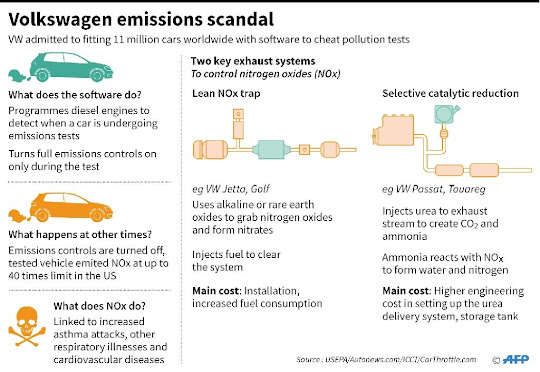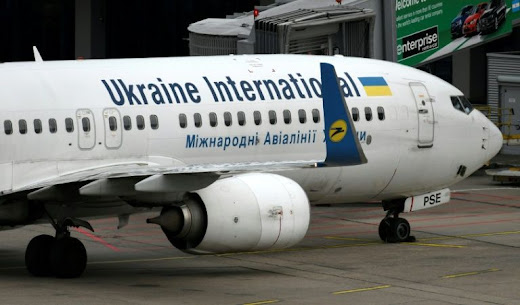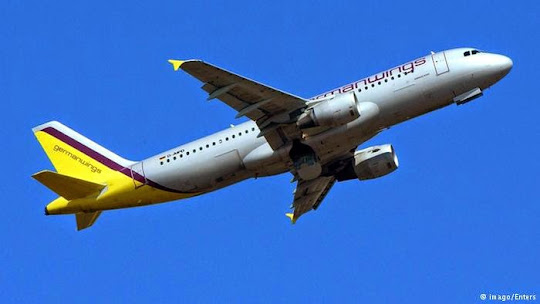
Gridlock on Jakarta’s inner toll road at Tomang. Critics say the planned new series of elevated roads will only partially solve the horrendous traffic jams as the cars and trucks will still add to the roiling mess when they rejoin the road network back on the ground. (JG Photo/ Afriadi Hikmal)
Even as the city administration plans a grid of new elevated roads across the capital, experts have stressed again that Jakarta’s traffic woes will never be solved unless the number of vehicles hitting the streets every day is limited.
Last week the administration announced it would build elevated roads linking Blok M to Antasari via Fatmawati, in South Jakarta, and Tanah Abang in Central Jakarta to Kampung Melayu in East Jakarta. The first phases of both projects have been budgeted at Rp 1.3 trillion and Rp 800 billion respectively.
Trisakti University urban development analyst Yayat Supriyatna said the elevated roads would only help in theory.
“The traffic will flow smoothly on these new roads once they’re built,” he said. “But when the vehicles rejoin the road network on the ground, we’ll be back to square one,” he said.
The solution was not to build more roads but to restrict the number of vehicles using them.
“The administration can’t stop people buying vehicles, but it can regulate their use,” Yayat said. “It can implement simpler and cheaper ways of reducing traffic than building these elevated roads. It’s just going to take strong policy and law enforcement to ensure it gets done.”
Mass Appeal
Yayat said such schemes included the current three-in-one system, in which each car must have at least three occupants while driving on certain streets during morning and evening rush hour.
The scheme should be extended to the satellite cities around Jakarta to make it more effective, he said, but this would be only one approach.
“The key to getting people to leave their cars at home is to improve the standard of mass transportation,” he added.
Azas Tigor Nainggolan, chairman of the independent City Transportation Council, agreed that adding new roads would only encourage more people to use their cars and keep them from shifting to mass transportation.
He urged the administration to instead get people to make the shift by improving public transportation service standards.
“The administration’s plan to build more roads is inconsistent with its claims of wanting to promote mass transportation,” Azas said.
He also pointed out the danger of aping developed countries by building more elevated roads, saying the quality of construction and maintenance in Indonesia would be questionable at best.
“There’s no justification for spending so much money on something that isn’t guaranteed to help permanently ease the city’s traffic problems,” he said.
Jakarta Deputy Governor Prijanto admitted the city administration was addressing the transportation issue quite late in the game. But he said it would push ahead plans to improve the Transjakarta bus system and map out the Mass Rapid Transit (MRT) rail system.
It also would develop policies such as electronic road pricing (ERP) to restrict the number of vehicles entering key streets.
Higher Calling
Jakarta Public Works Agency bridge development unit head Novrizal said the plan to build elevated roads had first been tabled last year.
He said two other roads besides the Blok M-Antasari and Tanah Abang-Kampung Melayu roads were set for possible construction: Ciledug in Tangerang to Mampang in South Jakarta, and Pasar Minggu to Manggarai, both in South Jakarta.
Novrizal said the first two had been greenlighted because they required the least preparation and cost.
“Making Fatmawati a transportation hub is the priority because it’s expected to handle more traffic caused by the development of the MRT in that area,” he said.
Novrizal said construction on the MRT was scheduled to start in 2012.
With Fatmawati clogged, Novrizal said, commuters spilled out onto Antasari and Pondok Indah, which have notoriously heavy traffic snarls.
“So the elevated road here will help with that problem,” he said.
It would stand on a double pillar base, not the single pillars used in sections of the Inner Ring Road, planted in the sidewalk to minimize the amount of road space taken from Fatmawati.
The Tanah Abang-Kampung Melayu elevated road, however, would be built on single pillars, given the wide roads over which it would run.
Novizal said the projects were currently being tendered, with 20 private and state-owned contractors in the bidding. The winners will be named in July.
Five contractors will be appointed for the Blok M-Antasari road and three for the Tanah Abang-Kampung Melayu road.
“We’re handing out the project in packages to speed up construction because we have a completion target of June 2012,” Novrizal said. Construction was expected to begin by mid-September.













